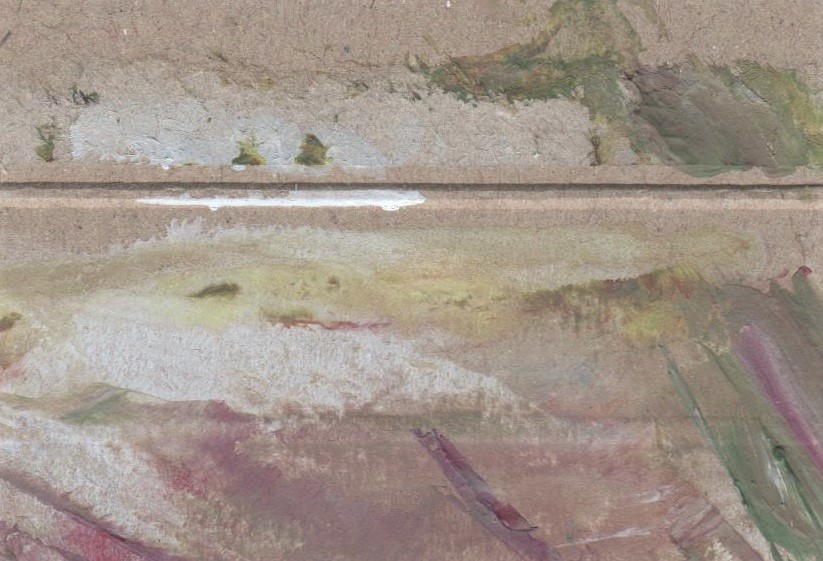The government says its immigration policy is ‘fundamentally compassionate’. That provokes me to wonder: what is compassion? How does God show us compassion and call us to share it?
Psalm 145 8-9, 13-16 pictures earth thriving in peace, as it lives under and from the compassion of God, who opens his hand and fills every creature with blessing.
There are moments when we rest in this creational compassion with our whole being. And then the vision of joy and peace wavers. Hunger breaks upon us. Not every creature is filled with blessing and is satisfied. The struggle for existence engulfs us and we stumble along beset by our own weakness and external adversity. Then self-protective anti-compassion can organize itself, securing borders around what is ours, sometimes camouflaged with professions of compassion.
Jesus talked to crowds in the desert (Mark 6.30-44) about the compassionate Father and his care for everyone, even the sparrows (Matt 6.1-34). Jesus had compassion on the crowd, asking how they would get needed food. His practical disciples had a wheeze: Send them away, let them buy bread in
the villages around. Let the shopkeepers be ministers of compassion to them.
What is the danger when we delegate compassion to other agencies? We can go on thinking of ourselves as compassionate, even while in actuality we are making it easy for ourselves, opting out of learning hands on compassion.
Jesus didn’t let them ‘walk by on the other side’. You give them something to eat.
That is the positive call to all would-be-compassionate people. Freely you have received, freely give.
The call precipitates a crisis of learning. Summoned from talking to helpful action, our incompetence is discovered. We lack resource – how can we spare two hundred denarii? We lack courage and readiness for much sacrifice. Compassion has a rough path in uncompassionate country. But if we give up trying compassion, and take to fighting our own way through the competitive jungle, our heart will shrivel hard. We will lose touch with the foundational and fulfilling compassion of God as we see the world according to our wheeze, not in the light of love.
In this crisis, Jesus brings disciples back on the track of compassion. Accepting they cannot feed the crowds, he asks, What have you got? By themselves, they had no bread, money or idea. But they knew a boy (not a man!) with five loaves and two small fishes. They got nearer to compassion, thanks
to his compassion.
Jesus takes that little in his hand and looking up to the Father of all, calls down his blessing upon the food. And, from the hands of the disciples, from the hands of Jesus, from the hands of God, they all ate and were satisfied.
How did it happen? I don’t know. I don’t expect anything like that ever to happen in the hungry world today. The story carries me into a dream, but not an idle one; it persuades and commands me to experiment with God’s compassion over all creatures, and with all creatures, here and now.
Originally published on the Network Leeds blog, 14th March 2023 https://networkleeds.com/blogs/weekly-blog-haddon-willmer-foundational-vision-of-the-earth
